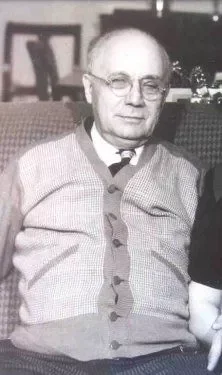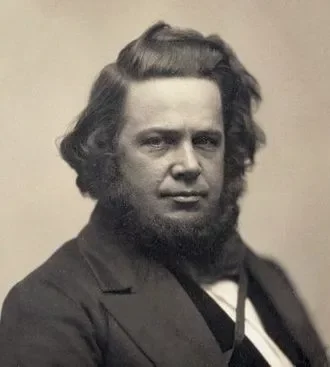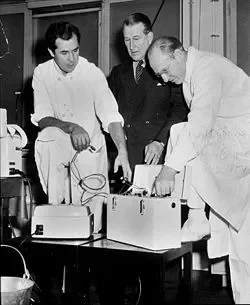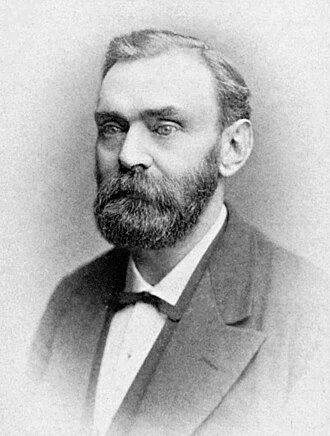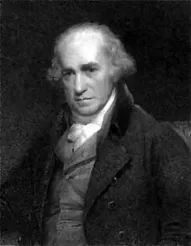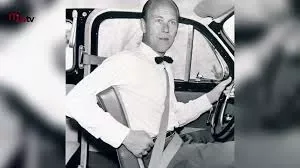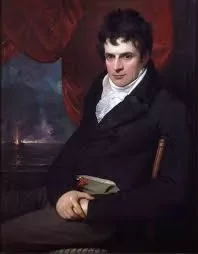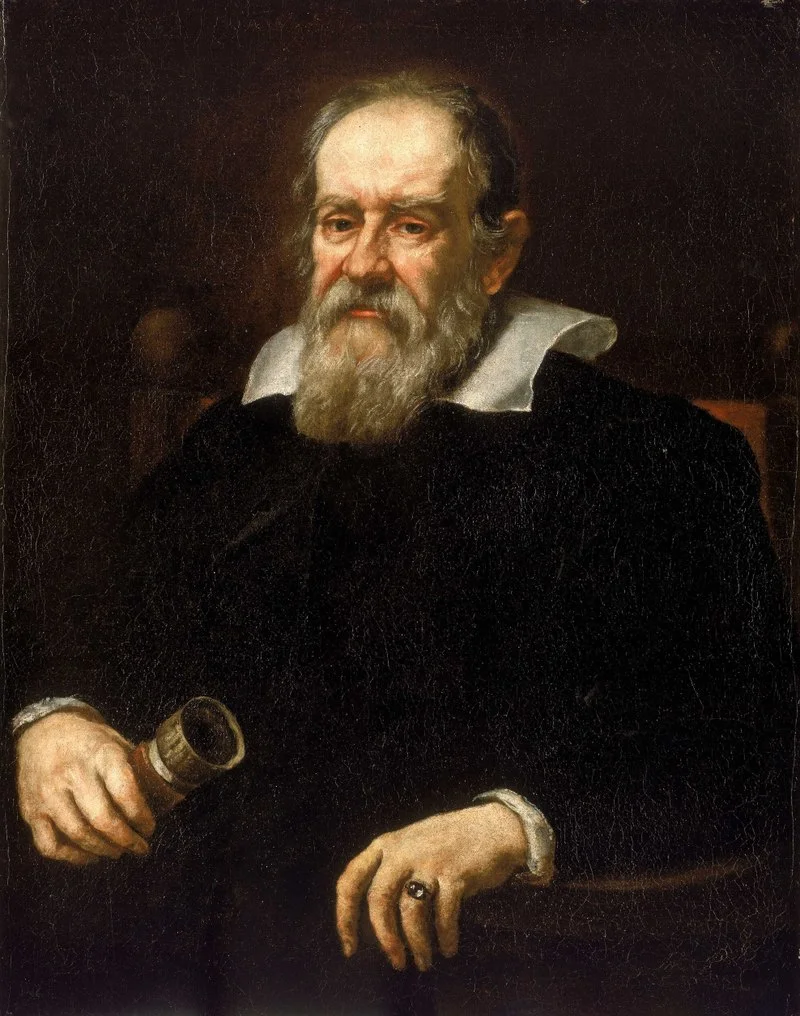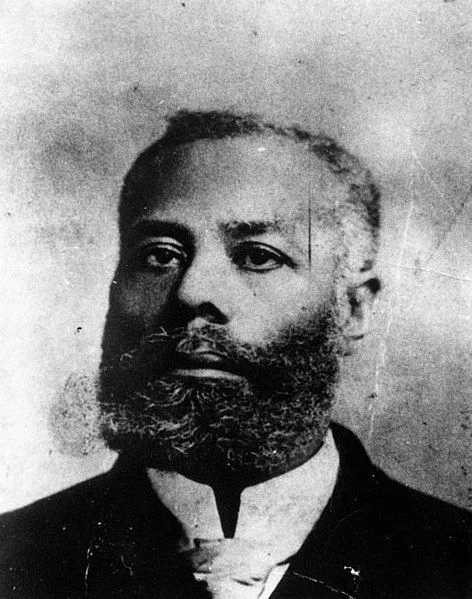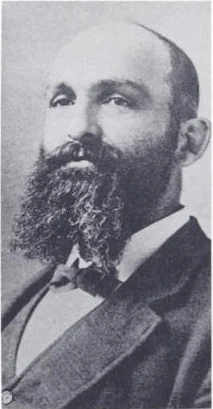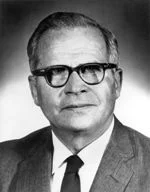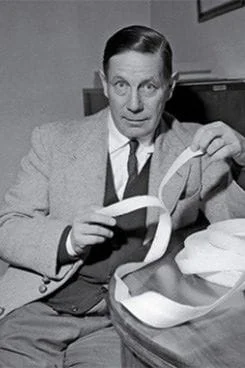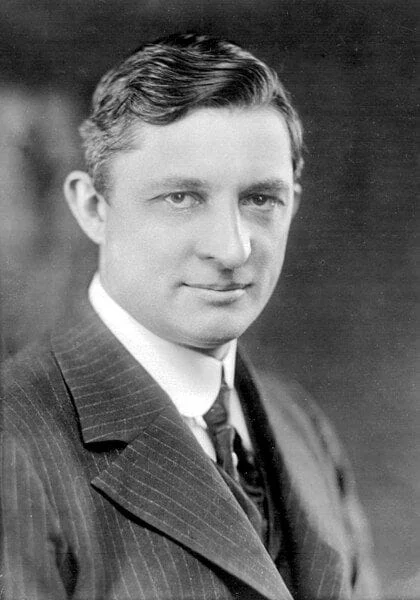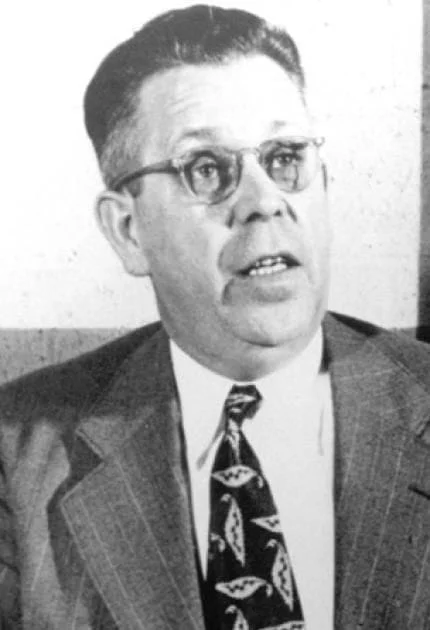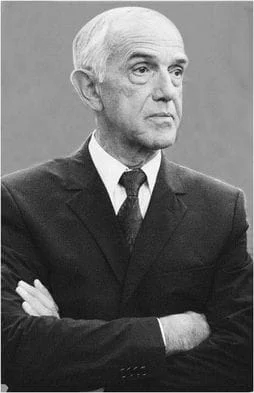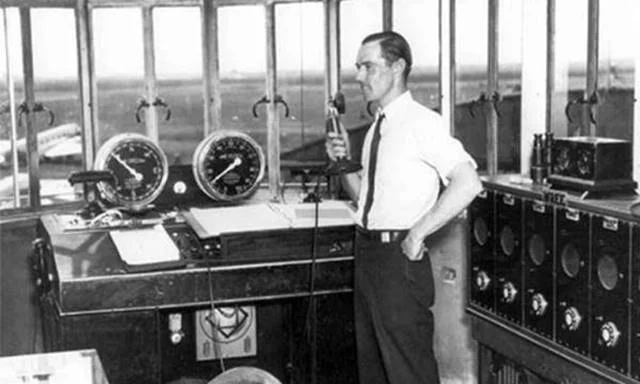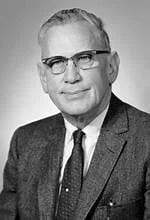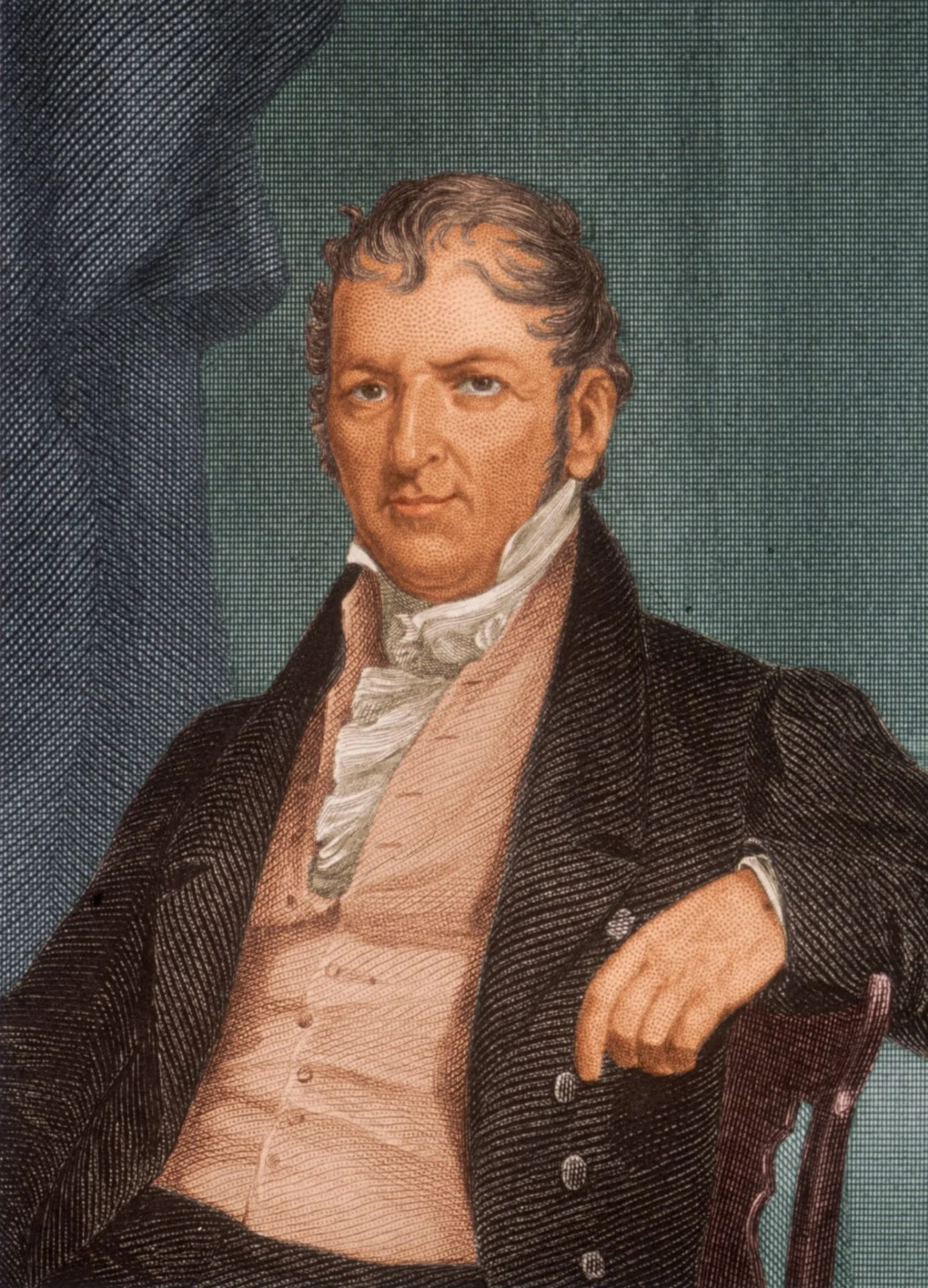Real Celebrities Never Die!
OR
Search For Past Celebrities Whose Birthday You Share
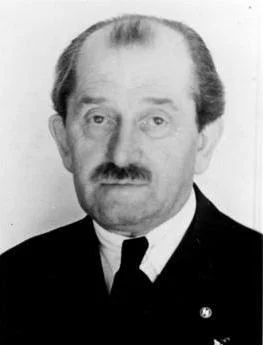
source: wikipedia
Ferdinand Porsche
Birthday:
03 Sep, 1875
Date of Death:
30 Jan, 1951
Cause of death:
Stroke
Nationality:
Austrian
Famous As:
Automotive
Age at the time of death:
75
Ferdinand Porsche's Quote's
Early Life and Passion for Mechanics
Ferdinand Porsche was a gifted automotive engineer. Born in Bohemia in 1875, he made a huge contribution to the modern car industry. He developed a passion for mechanics and electricity from childhood. This love led him to a career that would transform transportation entirely.
Innovations in Electric Vehicles
His journey started with electric vehicles. In 1900, he created the Lohner-Porsche electric car. It was one of the first vehicles that used wheel-hub motors, which meant it didn’t need a traditional transmission. This showed how forward-thinking Porsche was about car design.
Volkswagen Beetle
While at Austro-Daimler, his reputation grew stronger. He worked on high-performance race cars and luxury vehicles. However, the Volkswagen Beetle became his most notable creation. Commissioned by Adolf Hitler in the 1930s as the “People’s Car,” it was compact and affordable. With its unique features such as a rear-mounted air-cooled engine and special design, the Beetle became one of the best-selling cars ever. It offered efficiency, reliability, and affordability. Millions were sold worldwide.
Founding Porsche AG
Porsche’s work extended beyond the Beetle. In 1931, he started his own engineering bureau, which later became Porsche AG. In 1948, they introduced the Porsche 356 sports car. This model marked the beginning of incredible success for the brand. With its stylish look, great handling, and powerful engine, the 356 became a symbol of performance and luxury—cementing Porsche’s place in sports car history.
Controversy During World War II
He also designed war machines during World War II, which was a controversial period considering his strong connections with the Nazi dictatorship. After a brief imprisonment at the end of WWII, he revived his company and advanced automotive design alongside his son Ferry.
Visionary Work in Electric Vehicles
Apart from his pioneering ideas in combustion engine design, Ferdinand Porsche also focused on electric vehicles early on. His work with the Lohner-Porsche showed his belief in electric power long before it gained widespread attention. This visionary outlook has made a huge impression and influenced today’s advancements in electric transport.
Legacy and Controversy
However, his connection to the Nazi regime during World War II casts a controversial shadow over his life. Despite this, we cannot overlook his marvelous contributions to the automotive world. Ferdinand Porsche’s innovative designs and engineering skills have made him a notable figure in automotive history. His work continues to inspire engineers and designers around the world, helping to shape future advancements as his name remains linked with excellence in engineering and design.
End of Life and Lasting Legacy
Porsche’s legacy lives on through the international Porsche brand, which continues to be synonymous with performance and elegance. Ferdinand Porsche died on January 30, 1951, in Stuttgart, Germany.
Name:
Ferdinand Porsche
Popular Name:
Ferdinand Porsche
Gender:
Male
Cause of Death:
Stroke
Spouse:
Place of Birth:
Maffersdorf, Bohemia (now Vratislavice nad Nisou, Czech Republic)
Place of Death:
Stuttgart, Germany
Occupation / Profession:
Personality Type
Pioneer: A visionary pioneer committed to transforming the automobile industry who never stops pushing the boundaries of design and technology.
Ferdinand Porsche created the world's first hybrid electric vehicle in 1899, over 100 years before hybrid cars became mainstream
He designed the legendary Auto Union grand prix cars in the 1930s, which featured a revolutionary mid-mounted 16-cylinder engine and dominated racing at the time
Porsche held over 500 patents in various fields including radio, sonar, and television technology
The first prototype of the iconic Volkswagen Beetle was built in Porsche's private villa
He designed the Mercedes-Benz SSK, developed the Lohner-Porsche, made the Volkswagen Beetle, and formed Porsche, launching the 356.

